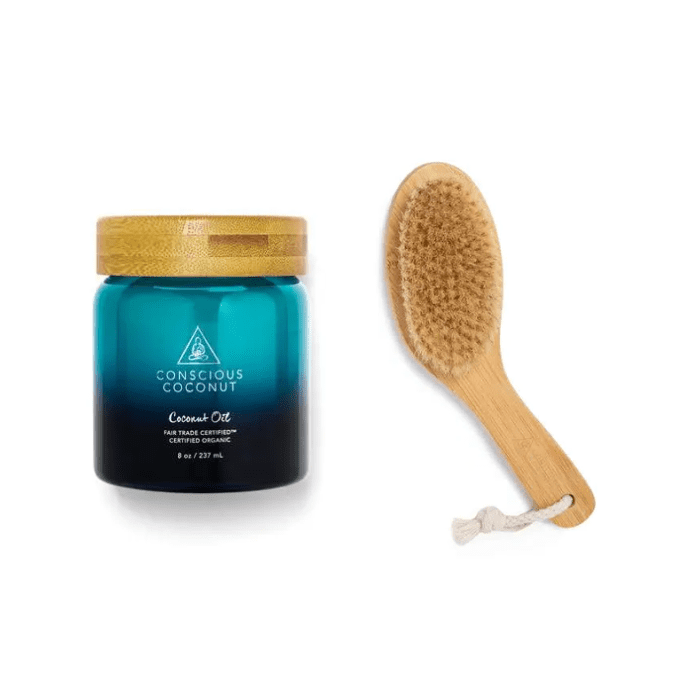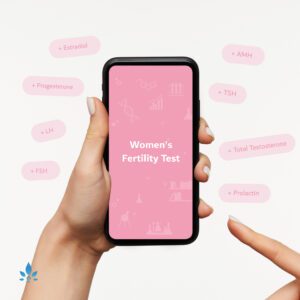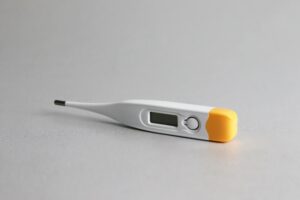What is Secondary Infertility and Should I Be Worried?


Secondary infertility is the inability to get pregnant or carry a baby to term after previously giving birth to a baby. It is relatively common and can affect women even if they haven’t had fertility issues before.
Despite the fact that most people have never heard of secondary infertility, it affects more women each year than primary infertility – over 3 million in the United States alone (Chandra et al., 2013).
What is more, couples who experience secondary infertility are less likely to seek medical assistance because they were able to get pregnant the first time and so assume that it will happen again without intervention.
Causes of Secondary Infertility
The same things that cause primary infertility also cause secondary infertility.
These include:
- Irregular periods and ovulation
- Pelvic or uterine scarring
- Endometriosis
- Polycystic Ovarian Syndrome (PCOS) and other ovulatory issues
- Blocked fallopian tubes
- Being underweight or overweight
- Poor sperm quality or quantity
- Smoking
- Excessive alcohol consumption
Some of these factors can be made worse by having a baby. For example, interventions during labour or delivery, such as a C-Section or episiotomy, could leave behind residual scar tissue, making it harder for a fertilised egg to implant successfully in the lining of the uterus.
Then there are factors that occur only after having a baby. Breastfeeding, for example, produces a hormone called Prolactin, which suppresses the production of estrogen and can result in irregular ovulation or no ovulation at all.
Treating Secondary Infertility
Again, the methods for treating secondary infertility are the same as for treating primary infertility.As a starting point, you can download a period and ovulation tracker, such as the Nabta app, from the iPhone App Store or Google Play, to obtain insights about your unique cycle. Nabta Cycle, for example, can show you when to engage in sex every month so you can optimise your chances of conceiving.
If you are under 35 years of age and have been trying for 12 months to conceive, or if you are over 35 years of age and have been trying for 6 months, the clinical recommendation is to see a fertility specialist as soon as possible so that any potential issues can be identified.
Nabta recommends that you see a fertility specialist 12 months after giving birth, no matter what age you are, and particularly if you have experienced any fertility issues in the past (including irregular periods), so that you can be checked over and any issues identified straight away.
5 Natural Ways to Boost Your Fertility
Fortunately, there are many ways to boost your fertility naturally before you start down the path of invasive fertility treatments. The following suggestions are courtesy of JustTheFactsBaby
1 Relax
Stress can naturally decrease fertility by altering the balance of female hormones. Take a regular B-vitamin, incorporate yoga or meditation into your day and go on vacation. “It’s amazing how many women get pregnant when they take a mini ‘time-out’ from their lives,” says Dr. Shah.
2 Eat foods that improve your body’s ability to respond to insulin
Insulin sensitivity can boost male hormones, making it difficult to conceive. Cut back on red meat and trans fats and eat more vegetables and nuts.
3 Eat full-fat dairy
Researchers aren’t sure why, but high-fat dairy boosts fertility and low-fat dairy decreases your chances of conceiving. “We think it may be related to the different hormone contents in full- and low-fat dairy,” says Dr. Chavarro. High-fat dairy products also contain cow pregnancy hormones, which could boost your chances of having a baby.
4 Finish breastfeeding
Intermittent breastfeeding may decrease fertility. If you’ve been trying to conceive for six months with no luck, wean your toddler off the breast.
5 Break a sweat
Studies have found that vigorous exercise boosts fertility. “Do something that will make you sweat because we haven’t found any relation between moderate exercise and fertility,” says Dr. Chavrro.
If you are worried that you may be suffering from secondary infertility, we recommend joining one of the closed, private discussion groups in our Forums, where other women and medical experts will be on hand to answer your questions and concerns.
Nabta is reshaping women’s healthcare. We support women with their personal health journeys, from everyday wellbeing to the uniquely female experiences of fertility, pregnancy, and menopause.
Get in touch if you have any questions about this article or any aspect of women’s health. We’re here for you.













































